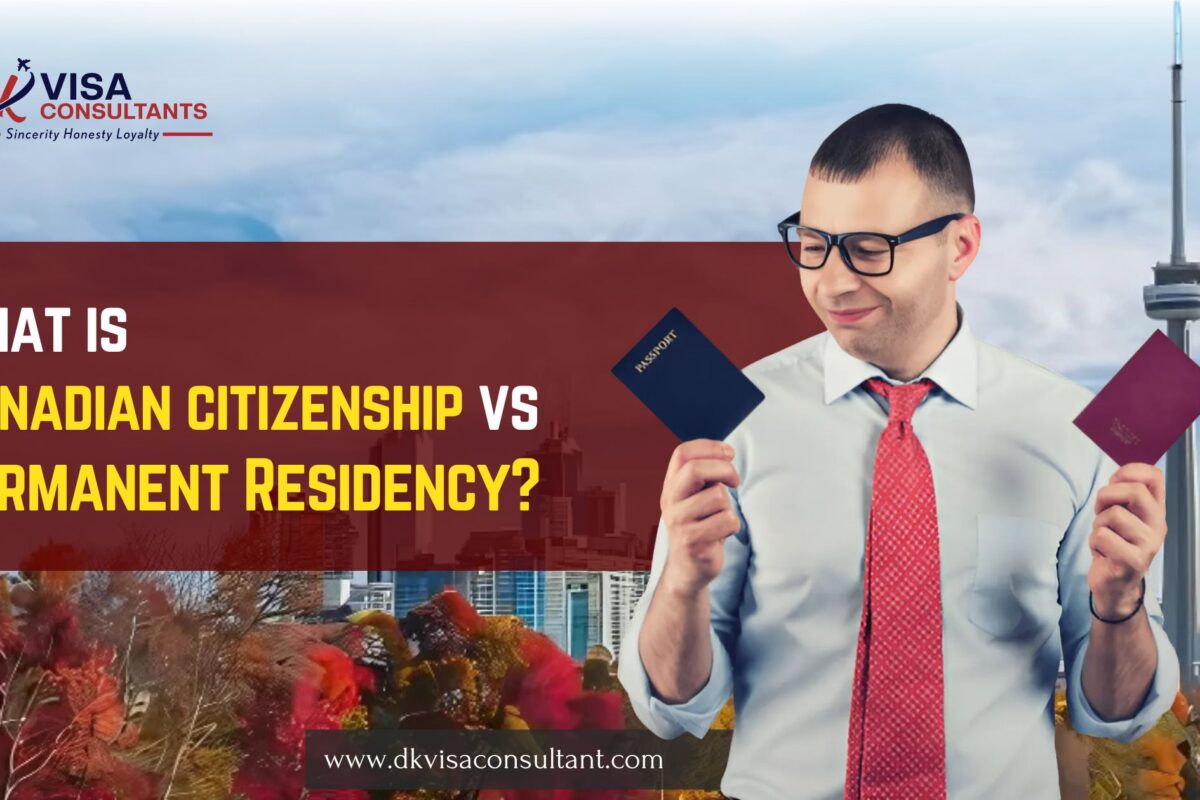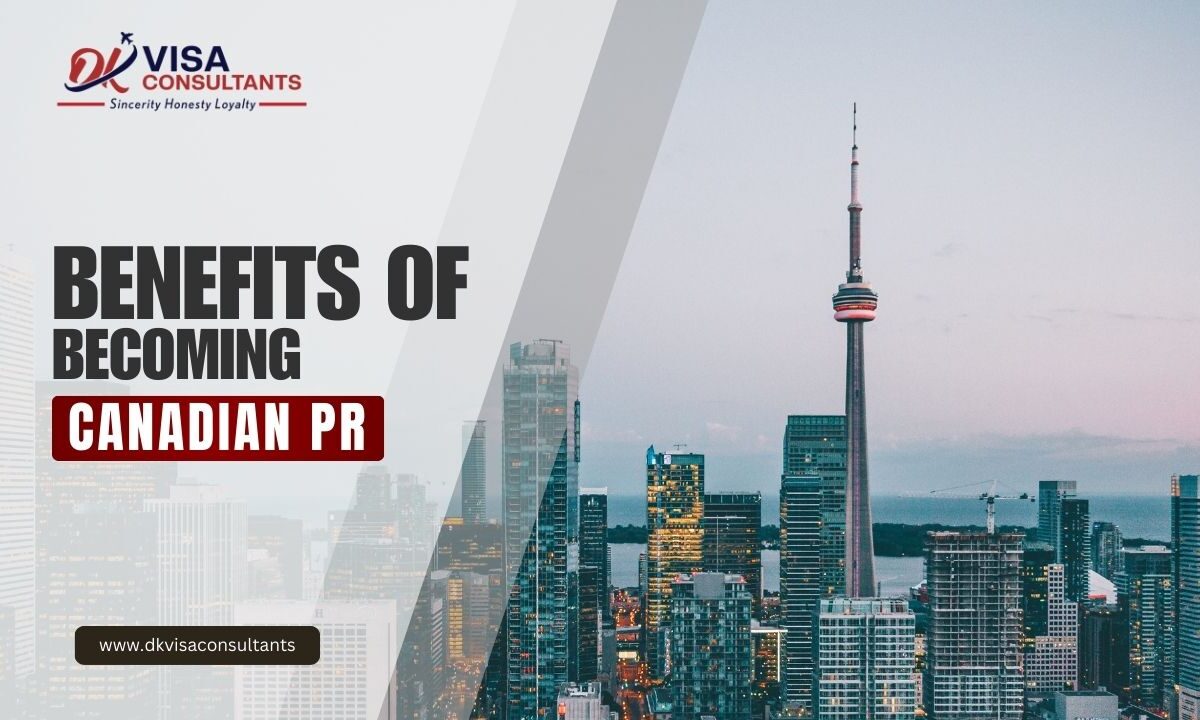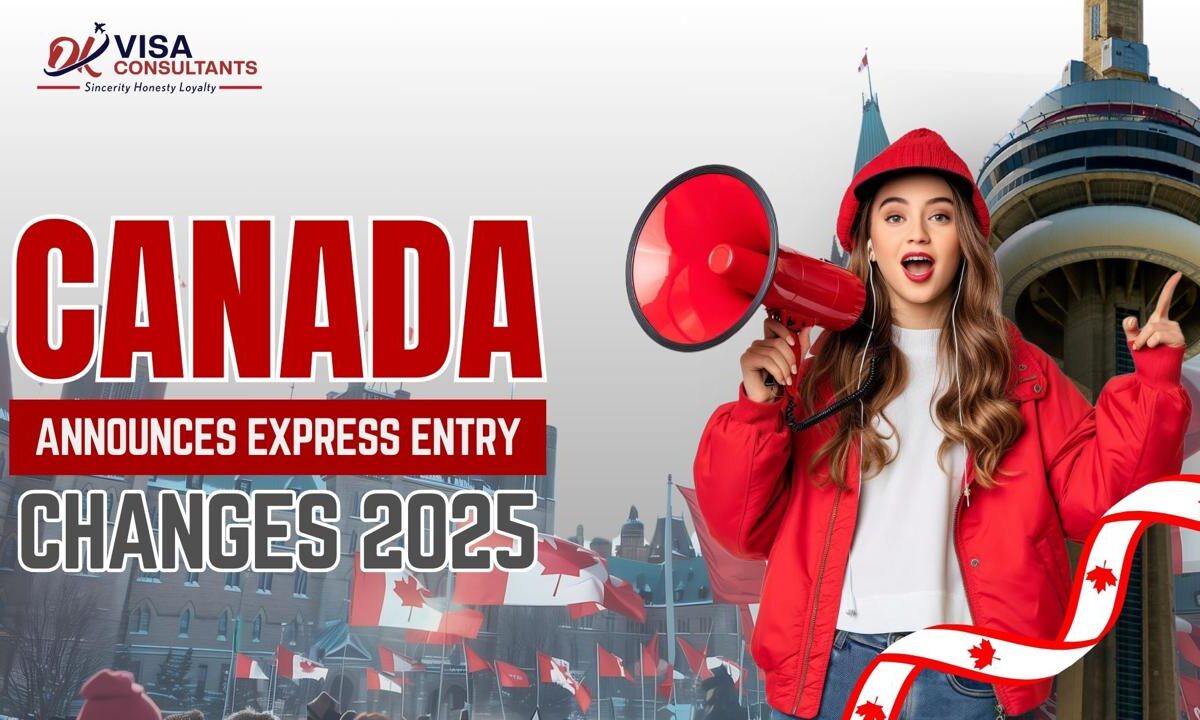When planning a visit to another country, one of the most important steps is applying for a visitor visa. Whether the purpose of travel is tourism, business, or family visits, understanding the essential aspects of the visa process can significantly increase the chances of approval. Below are the top five crucial things to know before applying for a visitor visa.
1.Understand the Visa Requirements
Each country has its specific set of requirements for visitor visa applications. These requirements can vary greatly depending on the purpose of travel, the applicant’s nationality, and the country being visited. It is important to thoroughly research the specific visa guidelines provided by the respective embassy or consulate. Some countries may require additional documents such as proof of sufficient funds, return flight tickets, travel insurance, or a letter of invitation from a host. Understanding these requirements in detail ensures that no important document is overlooked, helping the application process go smoothly.
For instance, countries like Australia, Canada, the United States, the United Kingdom, and New Zealand have distinct requirements. Additionally, regions such as the Schengen Area have unified visa policies that allow travel between member countries with a single visa.
Key Considerations:
- Application Forms: Complete the appropriate visa application forms accurately.
- Supporting Documents: Prepare necessary documents such as passport-sized photographs, financial statements, travel itineraries, and accommodation booking.
- Fees: Be aware of visa application fees, which vary by country. For example, the U.S. tourist visa fee is $160, while the UK Standard Visitor Visa fee is £95.
2. Ensure Adequate Financial Proof
One of the key factors considered during a visitor visa application is the applicant’s financial stability. Most countries require evidence that visitors can support themselves during their stay without relying on public resources. Financial proof can include recent bank statements, pay stubs, and proof of employment or business ownership. It is important to provide clear and sufficient evidence of funds to ensure that the application meets the financial criteria. Inadequate financial proof is a common reason for visa denial.
Recommended Financial Documents:
- Bank Statements: Provide recent bank statements (typically the last three to six months) showing adequate funds.
- Employment Verification: Submit a letter from employer confirming applicant position, salary, and approved leave.
- Travel Itinerary: Present a detailed travel plan, including accommodation reservations and return flight bookings.
Insufficient financial proof is a common reason for visa denial.
3. Establish Strong Ties to the Home Country
Visitor visa applications are often denied if the applicant cannot prove strong ties to their home country. These ties may include family relationships, a stable job, property ownership, or a business. The purpose of a visitor visa is to ensure that the applicant intends to return to their home country after their visit. Demonstrating these ties through supporting documents can greatly enhance the chances of visa approval. A well-documented case of personal, professional, or financial obligations in the home country assures the authorities that the visit is temporary.
Evidence of Ties:
- Employment Contracts: Provide documents that show ongoing employment and approved leave.
- Family Connections: Submit birth certificates of children or marriage certificates to show family ties.
- Property Ownership or Lease Agreements: Present documents that indicate property ownership or long-term lease agreements.
- Community Involvement: Include letters from community organizations or evidence of volunteer work.
Demonstrating these ties assures consular officers of the temporary nature of visit.
4. Plan and Document the Travel Itinerary
When applying for a visitor visa, having a clear and detailed travel itinerary is crucial. This includes information about travel dates, accommodation arrangements, and activities planned during the stay. A well-organized travel plan not only strengthens the application but also showcases the intent to visit for a specific, short-term period. It is important to note that some countries may require proof of accommodation bookings or a letter of invitation from the host. Having a solid itinerary also helps demonstrate that the travel purpose aligns with the conditions of the visitor visa.
Components of a Travel Itinerary
- Detailed Travel Plan: Outline travel dates, destinations, and activities planned.
- Accommodation Details: Provide hotel bookings or letters from hosts offering accommodation.
- Return Travel Arrangements: Present round-trip flight bookings or other evidence of return travel.
- Travel Insurance: Obtain comprehensive travel insurance that covers health, accidents, and trip cancellations.
A clear and detailed itinerary strengthens the visa application by showcasing preparedness and intent to comply with visa conditions.
5. Be Honest and Transparent in the Application Process
Honesty is paramount when applying for a visitor visa. Any false information or withholding of relevant facts can result in serious consequences, including visa denial or future bans from entering the country. It is essential to fill out the visa application accurately and truthfully. Discrepancies or incomplete information may lead to delays or rejection. If there are any special circumstances, such as a criminal record or previous visa rejections, it is advisable to provide full disclosure to the authorities.
Guidelines for Transparency
- Accurate Information: Ensure all personal, financial, and travel information is truthful and precise.
- Disclosure of Past Issues: If applicable, disclose previous visa refusals, criminal records, or immigration violations.
- Complete Documentation: Submit all required documents and any additional supporting materials that strengthen the application.
Maintaining integrity in the application fosters trust and increases the likelihood of approval.
Conclusion
Applying for a visitor visa is a process that requires careful preparation, attention to detail, and a clear understanding of the requirements set by the destination country. By ensuring that all necessary documentation is in order, proving financial stability, demonstrating ties to the home country, providing a well-organized travel plan, and maintaining honesty throughout the application process, applicants can improve their chances of a successful outcome. Each step of the application is an opportunity to present a strong case, so taking the time to follow these guidelines can make all the difference.
Visit DK Visa Consultant and meet our experts to know more about the Visitor Visa.
FAQ
Q1: How long does it take to process a visitor visa?
Ans: The processing time for a visitor visa can vary depending on the country and individual circumstances. It is recommended to apply several weeks before the intended travel date to allow ample time for processing and potential delays.
Q2: Can a visitor visa be extended?
Ans: Visitor visas can sometimes be extended, but the extension process varies by country. It is essential to check the specific regulations of the country where the visa was issued and ensure that the extension request is submitted before the current visa expires.
Q3: What happens if a visitor visa application is denied?
Ans: If a visitor visa application is denied, applicants typically receive a reason for the denial. In many cases, applicants may be able to appeal the decision or apply again with additional documentation to address the concerns raised during the initial application.
Q4: Can a visitor visa be used for business purposes?
Ans: Some visitor visas allow for business-related activities, such as attending conferences or meetings. However, the type of visa must be specifically designated for business purposes. Applicants should check the guidelines to ensure they apply for the appropriate visa type for business activities.
Q5: Is it necessary to hire a consultant to apply for a visitor visa?
Ans: While hiring a consultant is not mandatory, it can be beneficial, especially for individuals unfamiliar with the visa application process. A consultant can provide valuable guidance on required documentation, assist in preparing the application, and help navigate any challenges that may arise during the application process.





